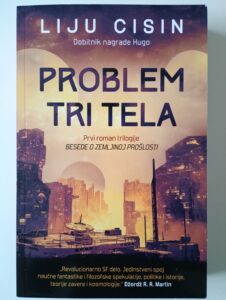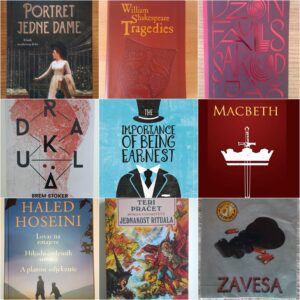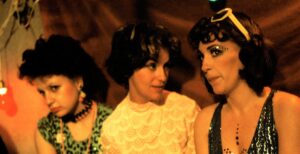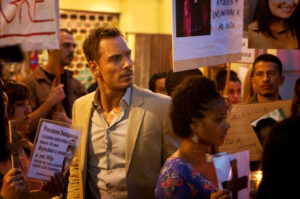Dune (1965)

…………………………………………………
Dune Book Review
Dune is a 1965 science fiction novel by Frank Herbert. It’s one of the most famous genre works and for some legitimate reasons as it’s a very strong book.
………………………………………………….
“Deep in the human unconscious is a pervasive need
for a logical universe that makes sense“
…………………………………………………..

…………………………………………………..
It follows a conflict between two big families over the ruling of Arrakis, a desert planet. This is one of those books which present the far future similar to the Middle Ages and of course I’ve had a big problem with that as it’s simply unrealistic and silly. But I warmed up to the idea because the author presented it so well through a plethora of great details.
Thematically speaking, it’s a rather sophisticated read. It is about nepotism and inheritance and I really liked the very grounded portrayal of such rulings. It’s also about religion and the book depicts the various religious practices of various groups of people in this world with a lot of impressive detail. And of course there is a significant take on ecology and how in desert environments water is beyond essential. And I really liked the open-ended question proposed whether or not humans should take control of the environment.
Dune is quite a long novel so I didn’t love all of it. It is as a whole flawed as it’s not as coherent and certainly it doesn’t flow as well as it should have and in particular the middle parts sometimes left me bored. But individually speaking, there are quite a lot of truly phenomenal parts here. I simply loved its intriguing ending with that practice done on Paul instantly hooking you in the story.
…………………………………………………..

…………………………………………………..
I also loved those initial monologues and dialogues with the Baron who’s a terrific villain. Everything with the worms was great as that creature is instantly memorable and one of the essential figures of this entire franchise. But I personally would have liked to have seen less of the Fremen as the many chapters with them flooded the book unnecessarily so. But it still ended on a strong note with a great final infiltration, duel and the conclusion itself.
Let’s talk about the characters. I actually liked most of them and certainly the character development, though far from amazing, is pretty good for this type of book and most are very well developed and highly memorable. I honestly really disliked Paul. He’s the typical, boring, heroic, flawless and irritatingly arrogant leader and sometimes he was quite unlikable to me. But I liked his mother, Chani of course and his amusing sister. The old prophet woman was also terrific.
Hawat, Haleck, Idaho and Yueh all are terrific, very important characters as either traitors or lifelong friends of Paul’s. Each and every relationship of these four with Paul was superbly developed and the heart of the novel for me. The Fremen, besides Chani, were forgettable. But Feyd-Rhauta is such a good villain and, as I said above, the Baron is my favorite of the Harkonnens.
…………………………………………………..

…………………………………………………..
Dune is particularly effective when it comes to its descriptive passages and world building, both superb and frequently even impressive. The stoic and sometimes one-note dialogue could have been better, but the imagery is instantly recognizable as it is described and I felt as if I have visited this sandy planet, the Fremen, the worms etc. The tone, emotional investment and characterization are all very solid too. The action could have been better, but some duels were superbly well portrayed and quite memorable.
In the end, Dune is a very strong sci-fi work which has its problems such as some pacing issues and the weaker middle parts, but the beginning is awesome, the ending’s great and there are a lot of memorable chapters spread throughout the book including particularly memorable imagery of Arrakis and all of its properties. The themes and characters are also solid and the book is very well written too. It’s not fantastic, but it’s definitely very strong and admirable.







